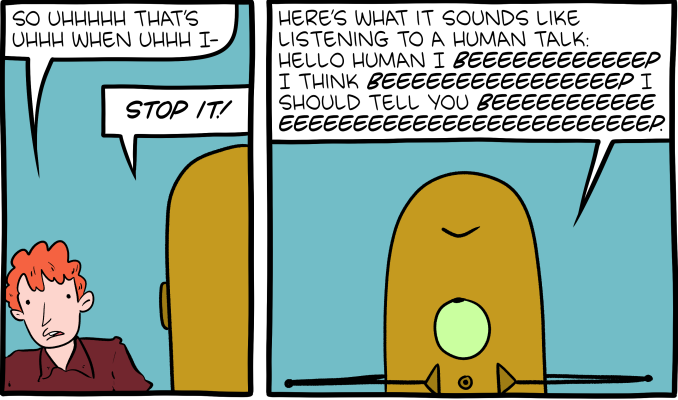Recte!
M. Paul Shore called my attention to a highly useful Latin expression that, in his opinion, is much needed in various scholarly communities, but that few people are aware of, much less use.
Paul writes:
For the last four-and-a-half decades of my life, from late teens to early sixties, I've had the nagging feeling that there ought to be a Latin scholarly expression that one could use when presenting the correction of an erroneous word or words in quoted material alongside the error itself. But in all my tens of thousands of pages of reading of scholarly works in the social sciences and humanities (which is not to be compared, of course, with the hundreds of thousands of pages, or more, that you must've read), I never ran across such an expression until last night, when I saw it in independent scholar Nigel Simeone’s meticulously annotated book of selected correspondence of Leonard Bernstein, published by Yale University Press. There it was, in black and white: recte! Meaning, of course, “correctly”, as in “Victor Mare [recte Mair]”, or “Edwin Pullyblank [recte Pulleyblank]”. It’s so exciting to discover this, after all these decades of desiring it, that I almost feel like applying to a graduate program at my somewhat advanced age, choosing a thesis or dissertation topic that requires the use of lots of defective sources, just so that I can splash “recte“ on as many pages of my work as possible.
Read the rest of this entry »

